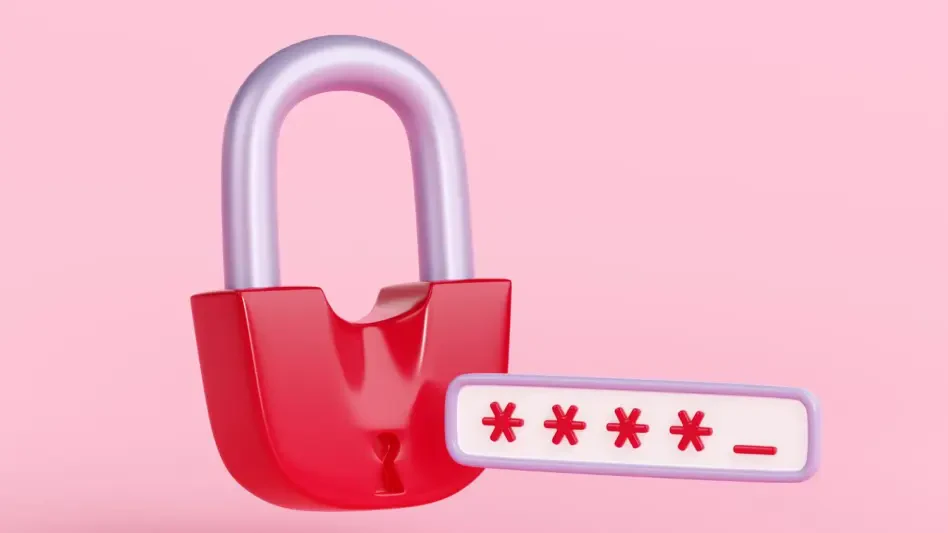In today’s world of frequent cybersecurity breaches, advanced phishing schemes, and sophisticated cybercriminals, every business should invest in strong cybersecurity to protect its private and customer data.
For example, cybercriminals’ advancements have recently resulted in a record-breaking 16 billion passwords leaked to the dark web. This occurrence is a wake-up call for businesses operating in an increasingly digital and data-driven economy. For these organizations, protecting their data should not only concern their IT department but also become a core responsibility linked to client trust.
Read on to explore this record-breaking data breach and discover its cause, consequences, and preventative measures organizations should adopt to protect themselves from future cyberattacks.
Billions of Private Records Exposed
Gone are the days when shielding your most sensitive digital information, systems, and applications with a basic password was considered secure. A password that is a combination of just 5 to 8 characters, including an uppercase letter, a number, and a symbol, may no longer be strong enough. A massive cyberattack has exposed this vulnerability, resulting in several businesses’ and individuals’ private data being leaked to the dark web.
As of June 2025, a large data breach has been reported, involving 16 billion leaked passwords and login pages of some of the most popular and successful businesses, including:
Facebook,
Apple,
Google,
Telegram,
GitHub,
X,
Twitch,
Government portals,
Corporate sites.
There seems to be no stopping modern cybercriminals, as this is the biggest reported breach in history, reported to span over 30 separate databases, containing 3.5 billion records each. The information stolen comprises social media credentials, URLs, usernames, VPN logins, developer tools, and corporate systems.
“Over 60% of U.S. consumers perceive an increase in scams over the past year, with one-third personally experiencing a data breach,” said Evan Kotsovinos, Google’s vice president of privacy, safety, and security. He continues by strongly encouraging a move beyond passwords to more modern methods, like sign-ins with Google and passkeys.
While studying this breach, cybersecurity professionals discovered that these are not recycled passwords that were a part of previous breaches, but all new, current, undocumented passwords that have not been exposed previously.
If you have an account with one of these companies, your login info is likely in the huge online password sale. Since the total amount of leaked information is double the world’s population, one dataset containing passwords from Facebook, X, and Gmail, etc., might all belong to one person.
The Discovery of the Data Breach
The massive breach was uncovered by Bob Diachenko and originally published on the Cybernews website. The first signs of this breach came when researchers reported a “mysterious database” that included 187 million records.
“This is not just a leak—it’s a blueprint for mass exploitation. With over 16 billion login records exposed, cybercriminals now have unprecedented access to personal credentials that can be used for account takeover, identity theft, and highly targeted phishing. What’s especially concerning is the structure and recency of these datasets—these aren’t just old breaches being recycled. This is fresh, weaponizable intelligence at scale,” researchers said.
This is the work of several infostealers using malware to gather logins. The password data was found all formatted and indexed together, following a clear structure of URLs and login details like usernames and passwords, ready to be plugged into automated attack tools once sold. This structure is found in most infostealers’ collected data.
Solutions for Protecting Your Accounts
Cybercriminals are only getting more ambitious with each information-stealing scheme they come up with. The best way for organizations to ensure their information doesn’t end up on the dark web is through digital security measures such as:
Changing your passwords:
Update your passwords to longer, more unique options that include at least 12 characters with several numbers and symbols included rather than a short, simple one. Don’t reuse old passwords, and avoid using one across several platforms, even if it’s considered strong.
Deleting unused accounts:
Regularly audit and delete old or inactive user accounts, especially those with access to sensitive systems or linked to other applications. These accounts usually go unmonitored and become easy targets, so rather than changing the password, you can simply log out and permanently delete them.
Enabling multi-factor authentication:
Rather than relying on one security measure, this adds a measure for verification, reducing the risk of unauthorized logins, even if passwords have been compromised. Use this solution across all critical systems.
Encrypting sensitive data:
Ensure all sensitive data, both in transit and at rest, is encrypted using industry-standard protocols. This method is preferred for protecting data as it is effective even if a breach occurs.
Increasing employee awareness of data security:
Educate staff on modern phishing strategies, safe browsing practices, and using secure data measures to minimize infiltration through human error, which is one of the leading causes of breaches.
Users who trust Google to save all their passwords must also reconsider, as trustworthy as the application is, this data breach proves that even it can be hacked. Once cybercriminals have access to your Google account, they can access all the saved passwords for other websites that it has collected. To prevent this, start using a password manager tool to generate strong, unique passwords for every account and store them, reducing the likelihood of easy-to-guess passwords.
Conclusion
Data breaches seem to come frequently as cybercriminals adapt their methods and use advanced phishing schemes that the public is not aware of. The magnitude of this 16 billion password leak has shown that traditional solutions are no longer sufficient. Stronger security measures have never been as widely needed as they are now. Organizations must move beyond outdated practices and match the sophisticated methods threat actors employ with modern, proactive, layered cybersecurity strategies of their own. Poor digital hygiene can result in a loss of sensitive private data, financial loss, and reputational damage. Organizations that are victims of this record-breaking data breach should train their employees to strengthen digital awareness, encourage their users to change their credentials immediately, and inform them of how they will keep their information safe in the future to preserve customer trust.








